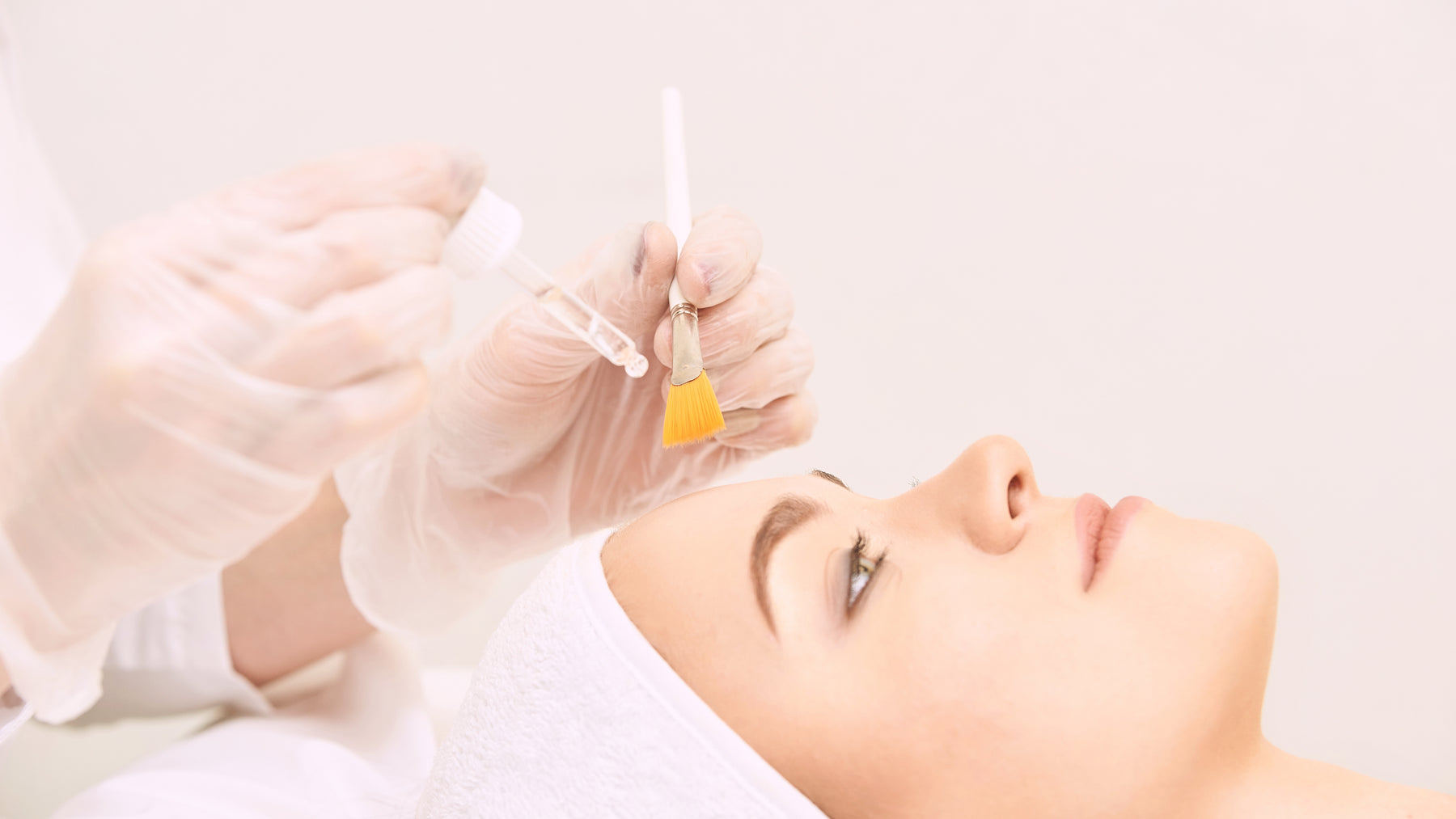
Glycolic Acid Chemical Exfoliation: Pros & Cons
Important Facts To Know About Glycolic Acid for the Skin
Glycolic acid is a form of chemical exfoliation. The acid penetrates into deep layers of the skin, breaking away dead skin and revealing fresh new skin. It is a more effective exfoliation method in comparison to scrubs. Glycolic acid functions to sever the bonds between the outer layer of skin cells. This process makes the skin appear smoother and more even.
For those with acne, this removes dead skin and oil residue that clogs pores and helps with acne caused by buildup. Less clogged pores lead to fewer breakouts. Contrary to other acne treatments such as salicylic acid and benzoyl peroxide, Glycolic acid helps the outer skin barrier retain moisture.
Glycolic acid has been found to have antibacterial and antioxidant properties. This helps improve the skin’s appearance. Glycolic acid is known to thicken the skin by stimulating collagen production.
Though there are numerous benefits of using Glycolic acid, there are a few downsides as well. For example, in those with darker skin tones, Glycolic acid has been known to irritate the skin and cause post-inflammatory hyperpigmentation or dark spots. Lowering concentrations and minimizing the amount of products containing Glycolic acid can help reduce these risks.
Additionally, using Glycolic acid can heighten skin sensitivity to burns, premature aging and hyperpigmentation. Be sure to always use sunscreen to protect the skin from such vulnerabilities.
As with many other chemical peels, the common side effects of Glycolic acid are swelling, itching and burning. If you have dry or sensitive skin, consult with a dermatologist as Glycolic acid may be a bit too strong for your skin.
Over the Counter and Prescription Forms of Glycolic Acid
Serums
Skincare pads
Face Wash
Lotion
Peels
Pros:
- Chemical exfoliant.
- Helps the outer skin barrier retain moisture.
- have antibacterial and antioxidant properties
- thicken the skin by stimulating collagen production
- In darker skin tones, it can cause post-inflammatory hyperpigmentation or dark spots.
- Can heighten skin sensitivity to burns, premature aging and hyperpigmentation


Leave a comment